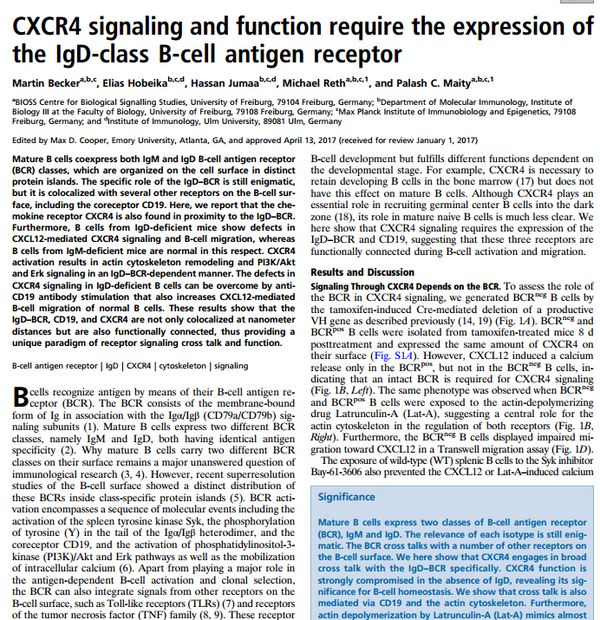แนวนโยบายทางเลือกอื่น: การเตือนความรับผิดในข้อหาทางกัญชาโดยมองในมติทางเศรษฐศาสตร์แล้วคุ้มค่า
ที่มา
เนื่องจากมีจำนวนความสนใจในระดับนานาชาติในการเลือกใช้การจับกุมข้อหายาเสพติดประเภทมีความผิดทางอาญาเล็กน้อยเพิ่มมากขึ้น ประเทศออสเตรเลียเป็นประเทศที่มีบทบาทสำคัญในการจัดโครงการทุติยภูมิสำหรับความผิดเกี่ยวกับยาเสพติด แต่ยังคงมีช่องว่างที่สำคัญในด้านความรู้เกี่ยวกับประสิทธิภาพของวิธีการที่แตกต่างกัน จึงมีการตั้งค่าเพื่อประเมินประสิทธิผลของโครงการการตักเตือนความผิดทางอาญาที่เกี่ยวข้องกับกัญชาโดยให้ตำรวจทำการแนะนำให้ผู้เสพกัญชารายย่อยและครอบครองผู้กระทำผิด เพื่อเข้าโครงการการศึกษาและ / หรือเข้ารับการบำบัดแทนการจับกุม
ผล
มีผู้ตอบแบบสอบถาม 195 คนที่รายงานว่าถูกจับในข้อหาครอบครองกัญชา / และเสพ จำนวน 355 คนรายงานว่าได้รับคำเตือนอย่างเป็นทางการ และหลังจากการจับคู่กับช่วงของลักษณะของข้อมูล (อายุ ก่อนการบริโภคกัญชา ประวัติการรายงานตัวต่อกรมควบคุมประพฤติ และระดับการพึ่งพายา) พบว่าไม่มีความแตกต่างกันในระดับการใช้กัญชาก่อนและหลังการแทรกแซงตำรวจ ของทั้งสองกลุ่ม (N = 544) หลังจากการจับคู่และ ตรวจดูค่าใช้จ่าย จึงพบว่ามีความแตกต่างอย่างมากในค่าใช้จ่าย; โดยค่าเฉลี่ยของกลุ่มค่าบริการ (สุทธิจากค่าปรับ) คือ 733 เหรียญ (SD 151) และ มีค่าใช้จ่าย 388 เหรียญ (SD 111) สำหรับกลุ่มที่ได้มีการเตือน
ข้อสรุป
ผลการศึกษานี้ชี้ให้เห็นว่าหลังจากการจับคู่กับช่วงของลักษณะเฉพาะที่เกี่ยวข้องไม่มีความแตกต่างในแต่ละกลุ่มในการเปลี่ยนแปลงการเสพกัญชา แต่มีค่าใช้จ่ายต่ำกว่าค่าใช้จ่ายจากการจับกุม ผลเหล่านี้จะแสดงให้เห็นหลักฐานเกี่ยวกับประสิทธิภาพและความพึงพอใจของทางเลือกในการจับกุมทั้งในออสเตรเลียและต่างประเทศ
สมัครสมาชิก แจ้งข่าว IDPC ทุกเดือน เพื่อรับข้อมูลเกี่ยวกับประเด็นที่เกี่ยวข้องกับนโยบายยาเสพติด
กรุณาดูด้านล่างสำหรับข้อมูลเพิ่มเติมเป็นภาษาอังกฤษ
Background
There is increasing international interest in alternatives to the use of arrest for minor drug offences. While Australia has been at the forefront in the provision of diversionary programs for minor drug offences there remain key gaps in knowledge about the cost-effectiveness of different approaches. Here we set out to assess the cost-effectiveness of cannabis cautioning schemes whereby police refer minor cannabis use and possession offenders to education and/or treatment instead of arresting and charging them.
Results
There were 195 respondents who reported being arrested for a cannabis possession/use offence and 355 who reported receiving a formal cannabis caution. After matching on a range of characteristics (age, prior criminal conviction, cannabis consumption, employment status, self-reported criminal activity prior to detection, severity of dependence) there was no statistically significant difference in cannabis use pre- and post-police intervention between the two groups(N = 544). After matching and bootstrapping the costs there was a significant difference in costs; the mean cost for the charge group (net of fines) was $733 (SD 151) and $388 (SD 111) for the caution group.
Conclusion
These results indicate that after matching on a range of relevant characteristics there were no differences across groups in the change in self-reported cannabis use days, but cannabis cautioning was less costly than charge/arrest. These results add to the evidence about the efficacy and desirability of alternatives to arrest both within Australia and abroad.
Click here to read the full article.
Keep up-to-date with drug policy developments by subscribing to the IDPC Monthly Alert.
